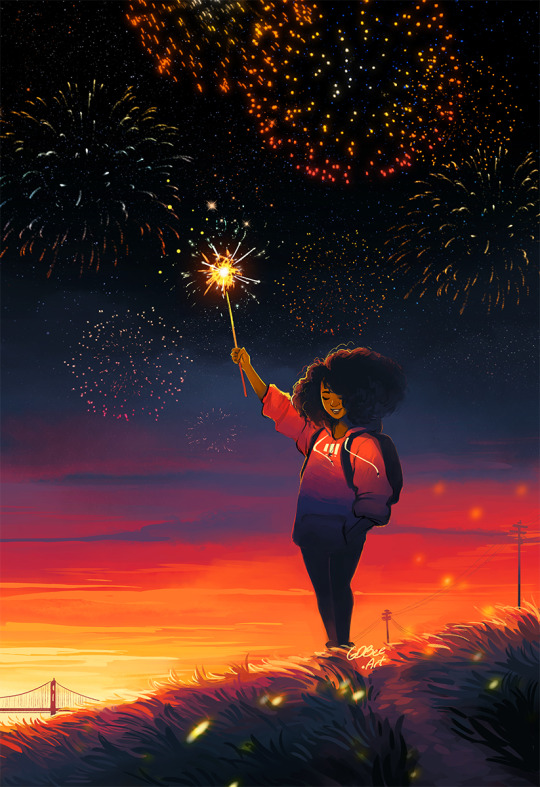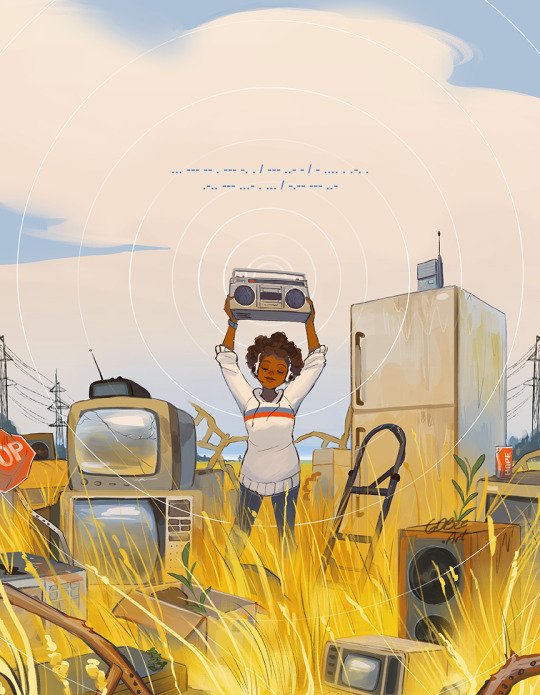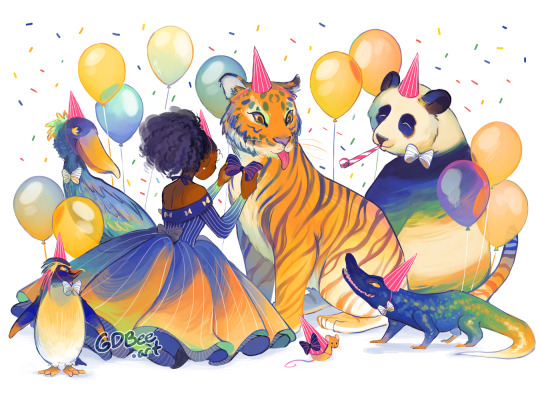#juneteenth celebration
Text
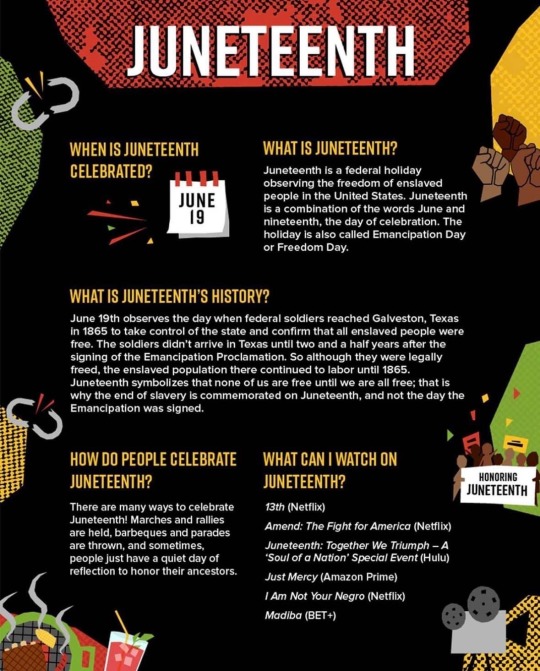
Happy Juneteenth Tumblr✊🏿✊🏾✊🏽✊🏼
#juneteenth celebration#juneteenth#black excellence#black culture#black tumblr#black history#black lives matter#black excellence 365
17K notes
·
View notes
Text
Happy Juneteeth
Juneteenth, a testament to resilience and might, A beacon of freedom, shining ever so bright. We remember the past, embrace the present with glee, For in unity we find strength, forever we'll be free.
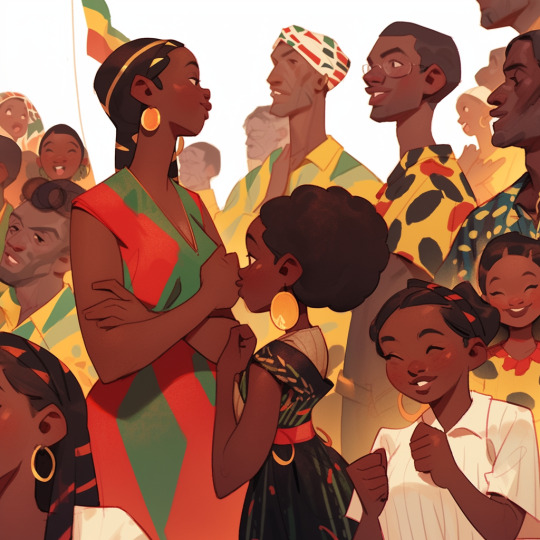

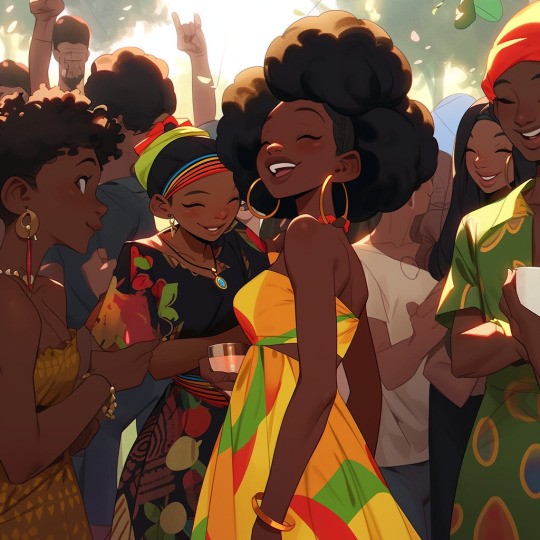
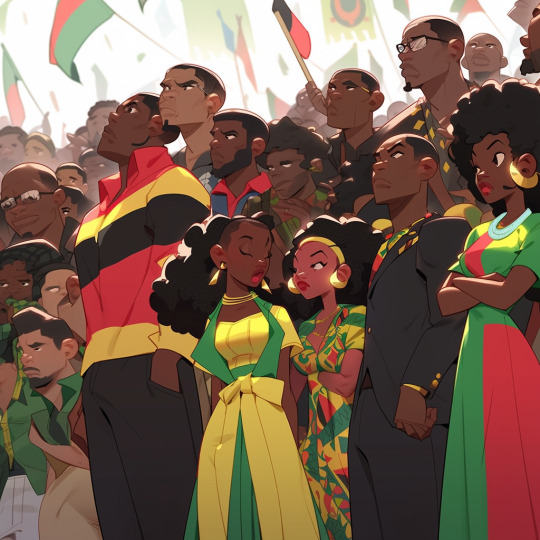
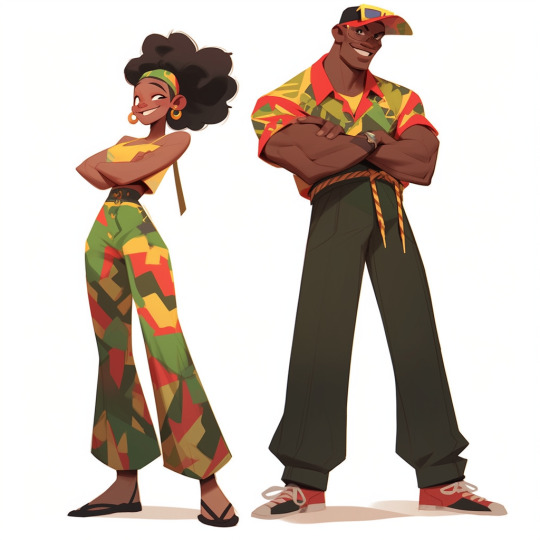
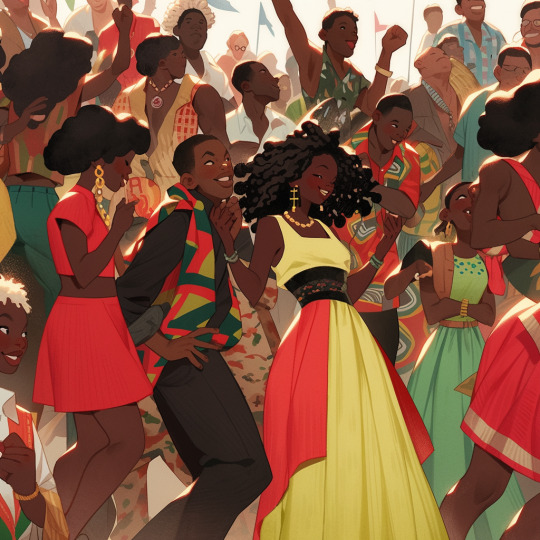

#juneteenth celebration#juneteenth#black excellence#black culture#black tumblr#black history#black lives matter#black excellence 365#celebration#illustration#digital illustration#manga#aestheitcs#art#black art#black love#Freedom#Black history#Blm#Black history month#Mlk#fathers day#love#artists on tumblr
927 notes
·
View notes
Text
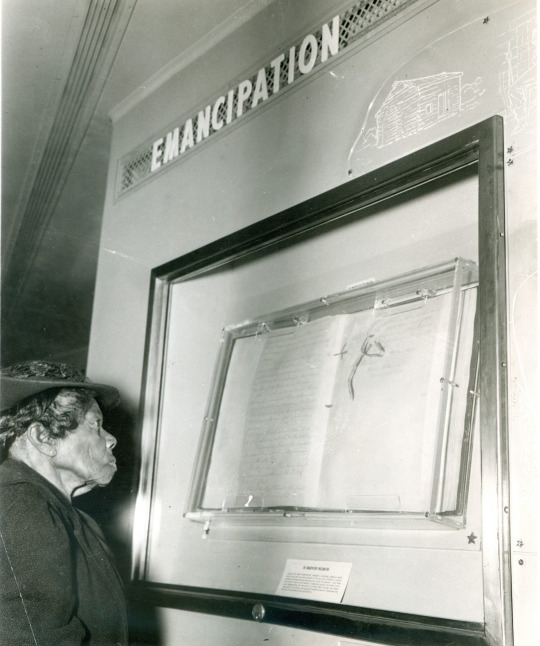
Former slave Sally Fickland views the Emancipation Proclamation on the Freedom Train, 1947.
WE HONOR JUNETEENTH
#OTD 2021, Juneteenth named a federal holiday
By Miriam Kleiman, Public Affairs
On June 19, 1865, 2½ years after the Emancipation Proclamation, Maj. Gen. Gordon Granger issued General Order #3, informing the people of Texas that all enslaved people were now free. Texans were the last Americans to learn this.
Visit the National Archives in DC this weekend (June 18-20) to see General Order #3 and the Emancipation Proclamation! Details here.
This day became known Juneteenth, a combination of June and 19th, aka Freedom Day or Emancipation Day, it’s this country's oldest known celebration commemorating the end of slavery. On June 17, 2021, President Joe Biden signed a bill into law establishing Juneteenth as a federal holiday.

Excerpt from General Order #3:
The people of Texas are informed that, in accordance with a proclamation from the Executive of the United States, all slaves are free. This involves an absolute equality of personal rights and rights of property between former masters and slaves, and the connection heretofore existing between them becomes that between employer and hired labor.
Featured Document Displays June 18-20, 2022 ONLY
National Archives, DC:
‘Juneteenth’ Gen. Order # 3 - West Rotunda Gallery,
The original Emancipation Proclamation - East Rotunda Gallery
President Lincoln issued the Emancipation Proclamation on January 1, 1863, as the nation approached the third year of the Civil War and declared “that all persons held as slaves” within the rebellious states “are, and henceforward shall be free."
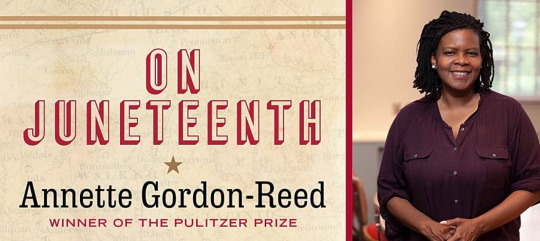
Pulitzer Prize-winning historian Annette Gordon-Reed’s NARA book talk online.
About that promised Emancipation...
Emancipation wasn't a singular event. There were many emancipation days as enslaved people obtained their freedom in the decades spanning from July 4, 1776 through the Civil War.
Despite its expansive wording, the Emancipation Proclamation was limited. The freedom it promised was dependent upon a Union victory in the war. It also only applied in 10 Confederate states, leaving more than half a million men, women, and children in bondage in parts of the Confederacy already under Northern control and in the loyal border states. Learn more about this landmark document here.
More online:
Press release: National Archives To Display Emancipation Proclamation and ‘Juneteenth’ General Order No. 3, June 18–20
National Archives Safeguards Original ‘Juneteenth’ General Order.”
Archives Staffers “Find” Original Juneteenth Order!
The “EP” at the National Archives, Pieces of History
#juneteenth#civil rights#blm#black history#civil war#freedom#no justice no peace#african american history#black lives matter#juneteenth celebration#otd
264 notes
·
View notes
Text

http://tee.pub/lic/wgxagdZbhVE
Celebrate Juneteenth!
8 notes
·
View notes
Text

With the Black n Mild seasoning sprinkled in?!? ELITE🗣️🗣️ 10+
4 notes
·
View notes
Text

Juneteenth ✊✊
3 notes
·
View notes
Photo



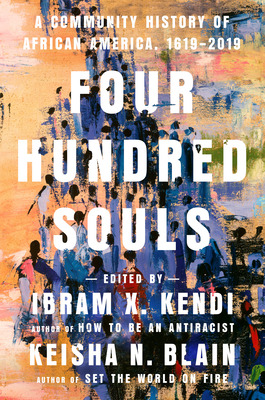
Juneteenth: Nonfiction Recommendations
On Juneteenth by Annette Gordon-Reed
Weaving together American history, dramatic family chronicle, and searing episodes of memoir, this volume provides a historian’s view of the country’s long road to Juneteenth, recounting both its origins in Texas and the enormous hardships that African-Americans have endured in the century since, from Reconstruction through Jim Crow and beyond. All too aware of the stories of cowboys, ranchers, and oilmen that have long dominated the lore of the Lone Star State, Gordon-Reed - herself a Texas native and the descendant of enslaved people brought to Texas as early as the 1820s - forges a new and profoundly truthful narrative of her home state.
A Slave No More by David W. Blight
Slave narratives are extremely rare, with only 55 post-Civil War narratives surviving. A mere handful are first-person accounts by slaves who ran away and freed themselves. Now two newly uncovered narratives join that exclusive group. Handed down through family and friends, they tell gripping stories of escape: Through a combination of intelligence, daring, and sheer luck, the men reached the protection of occupying Union troops. In the stories of Wallace Turnage and John Washington, we find portals that offer a rich new answer to the question of how four million people moved from slavery to freedom.
A Black Women’s History of the United States by Daina Ramey Berry
This volume reaches far beyond a single narrative to showcase Black women’s lives in all their fraught complexities. Berry and Gross prioritize many voices: enslaved women, freedwomen, religious leaders, artists, queer women, activists, and women who lived outside the law. The result is a starting point for exploring Black women’s history and a testament to the beauty, richness, rhythm, tragedy, heartbreak, rage, and enduring love that abounds in the spirit of Black women in communities throughout the nation.
Four Hundred Souls edited by Ibram X. Kendi & Keisha N. Blain
Curated by Ibram X. Kendi and fellow historian Keisha N. Blain, this volume begins with the arrival of twenty enslaved Ndongo people on the shores of the British colony in mainland America in 1619, the year before the arrival of the Mayflower. In eighty chronological chapters, this book charts the tragic and triumphant four-hundred-year history of Black American experience in a choral work of exceptional power and beauty.
#juneteenth#juneteenth celebration#nonfiction#nonfiction books#Nonfiction Reading#nonfiction reads#Library Books#Book Recommendations#book recs#Reading Recs#reading recommendations#TBR pile#tbr#tbrpile#to read#Want To Read#freedom to read#Booklr#book tumblr#book blog#library blog
5 notes
·
View notes
Text
Juneteenth marks the end of slavery in the United States, first recognized by the state of #Texas. It's also known as Emancipation Day or Freedom Day.
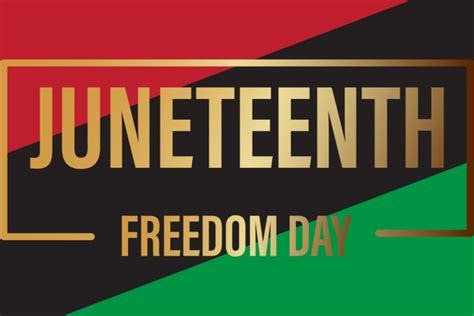
2 notes
·
View notes
Text

Juneteenth2023 PERIOD! Leave us alone.
#Happy Juneteenth Tumblr✊🏿✊🏾✊🏽✊🏼#juneteenth celebration#juneteenth#black excellence#black culture#black tumblr#black history#black lives matter#black excellence 365
2 notes
·
View notes
Text

Explore a flavorful collection of Juneteenth products at Viledge. Celebrate Juneteenth with black-owned cookout brands, find Juneteenth gifts, and join the festive Juneteenth celebration.
0 notes
Text
Six Teenagers Shot in Milwaukee After Juneteenth Celebration!
Six teenagers were shot after a Juneteenth celebration in Milwaukee on Monday, June 19, 2023. The shooting happened near Rose Park, just outside downtown Milwaukee. The victims, four girls and two boys, ranged in age from 14 to 19. Their injuries were not life-threatening.
Police believe the shooting stemmed from a fight between the teens. A 17-year-old boy has been arrested in connection with…
View On WordPress
0 notes
Text
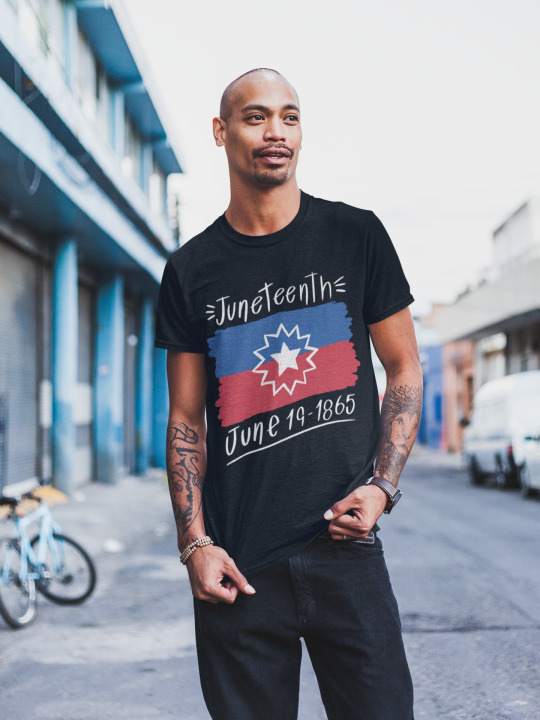
http://tee.pub/lic/wgxagdZbhVE
Shop our Juneteenth Tees
2 notes
·
View notes
Text
The Story Behind Juneteenth and How It Became a Federal Holiday
— Associated Press | June 07, 2023

Dancer Prescylia Mae, of Houston, performs during a dedication ceremony for the massive mural “Absolute Equality” in downtown Galveston, Texas, on June 19, 2021. Communities all over the country will be marking Juneteenth, the day that enslaved Black Americans learned they were free. For generations, the end of one of the darkest chapters in U.S. history has been recognized with joy in the form of parades, street festivals, musical performances or cookouts. Yet, the U.S. government was slow to embrace the occasion. (Stuart Villanueva/The Galveston County Daily News via AP, File)
Americans will soon celebrate Juneteenth, marking the day when the last enslaved people in the United States learned they were free.
For generations, Black Americans have recognized the end of one of the darkest chapters in U.S. history with joy, in the form of parades, street festivals, musical performances or cookouts.
The U.S. government was slow to embrace the occasion — it was only in 2021 that President Joe Biden signed a bill passed by Congress to set aside Juneteenth, or June 19th, as a federal holiday.
And just as many people learn what Juneteenth is all about, the holiday’s traditions are facing new pressures — political rhetoric condemning efforts to teach Americans about the nation’s racial history, companies using the holiday as a marketing event, people partying without understanding why.
Here is a look at the origins of Juneteenth, how it became a federal holiday and more about its history.

People hold a sign in their car during a car parade to mark Juneteenth on June 19, 2021, in Inglewood, Calif. Communities all over the country will be marking Juneteenth, the day that enslaved Black Americans learned they were free. For generations, the end of one of the darkest chapters in U.S. history has been recognized with joy in the form of parades, street festivals, musical performances or cookouts. Yet, the U.S. government was slow to embrace the occasion. (AP Photo/Ringo H.W. Chiu, File)
How Did Juneteenth Start?
The celebrations began with enslaved people in Galveston, Texas. Although President Abraham Lincoln’s Emancipation Proclamation freed the slaves in 1863, it could not be enforced in many places in the South until the Civil War ended in 1865. Even then, some white people who had profited from their unpaid labor were reluctant to share the news.
Laura Smalley, freed from a plantation near Bellville, Texas, remembered in a 1941 interview that the man she referred to as “old master” came home from fighting in the Civil War and didn’t tell the people he enslaved what had happened.
“Old master didn’t tell, you know, they was free,” Smalley said. “I think now they say they worked them, six months after that. Six months. And turn them loose on the 19th of June. That’s why, you know, we celebrate that day.”
News that the war had ended and they were free finally reached Galveston when Union Maj. Gen. Gordon Granger and his troops arrived in the Gulf Coast city on June 19, 1865, more than two months after Confederate Gen. Robert E. Lee surrendered to Union Gen. Ulysses S. Grant in Virginia.
Granger delivered General Order No. 3, which said: “The people of Texas are informed that, in accordance with a proclamation from the Executive of the United States, all slaves are free. This involves an absolute equality of personal rights and rights of property between former masters and slaves, and the connection heretofore existing between them becomes that between employer and hired labor.”
The now-free people in Galveston started celebrating Juneteenth the next year, an observance that has continued and spread around the world. Events include concerts, parades and readings of the Emancipation Proclamation.
What Does ‘Juneteenth’ Mean?
It’s a blend of the words June and nineteenth. The holiday has also been called Juneteenth Independence Day, Freedom Day, second Independence Day and Emancipation Day.
It began with church picnics and speeches, and spread as Black Texans moved elsewhere.
Most U.S. states now hold celebrations honoring Juneteenth as a holiday or a day of recognition, like Flag Day. Juneteenth is a paid holiday for state employees in Texas, New York, Virginia and Washington, and hundreds of companies give workers the day off.
Opal Lee, a former teacher and activist, is largely credited for rallying others behind a campaign to make Juneteenth a federal holiday. The 96-year-old had vivid memories of celebrating Juneteenth in East Texas as a child with music, food and games. In 2016, the “little old lady in tennis shoes” walked through her home city of Fort Worth, Texas and then in other cities before arriving in Washington, D.C. Soon, celebrities and politicians were lending their support.
Lee was one of the people standing next to Biden when he signed Juneteenth into law.

How Have Juneteenth Celebration Evolved Over The Years?
The national reckoning over race ignited by the 2020 murder of George Floyd by police helped set the stage for Juneteenth to become the first new federal holiday since 1983, when Martin Luther King Jr. Day was created.
The bill was sponsored by Sen. Edward Markey, D-Mass., and had 60 co-sponsors, a show of bipartisan support as lawmakers struggled to overcome divisions that are still simmering three years later.
Now there is a movement to use the holiday as an opportunity for activism and education, with community service projects aimed at addressing racial disparities and educational panels on topics such health care inequities and the need for parks and green spaces.
Like most holidays, Juneteenth has also seen its fair share of commercialism. Retailers, museums and other venues have capitalized on it by selling Juneteenth-themed T-shirts, party ware and ice cream. Some of the marketing has misfired, provoking a social media backlash.
Supporters of the holiday have also worked to make sure Juneteenth celebrators don’t forget why the day exists.
“In 1776 the country was freed from the British, but the people were not all free,” Dee Evans, national director of communications of the National Juneteenth Observance Foundation, said in 2019. “June 19, 1865, was actually when the people and the entire country was actually free.”
There’s also sentiment to use the day to remember the sacrifices that were made for freedom in the United States — especially in these racially and politically charged days.
Said Para LaNell Agboga, museum site coordinator at the George Washington Carver Museum, Cultural and Genealogy Center in Austin, Texas: “Our freedoms are fragile, and it doesn’t take much for things to go backward.”
0 notes
Photo
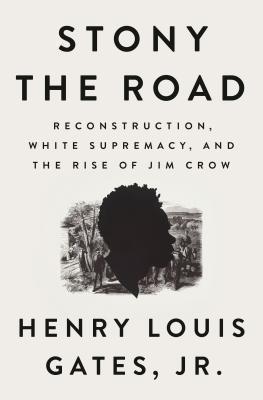
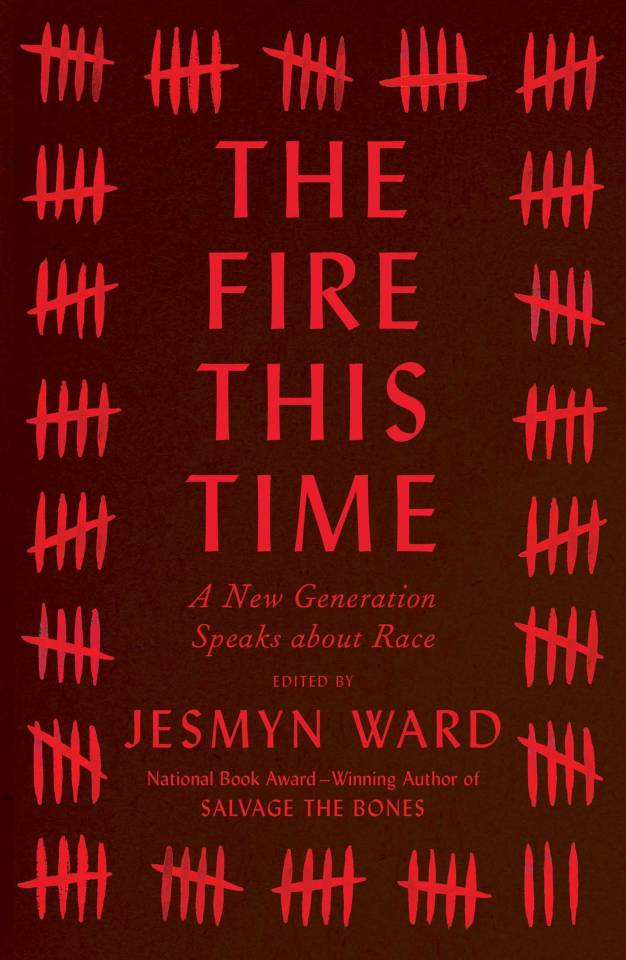

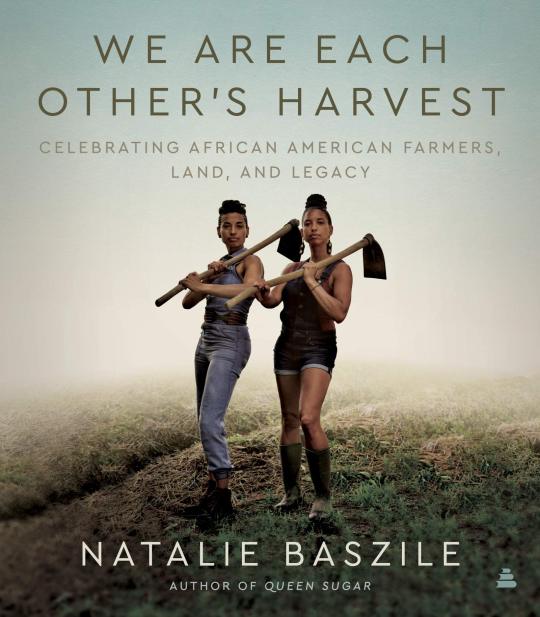
Nonfiction Thursday: More Juneteenth Picks
Stony the Road by Henry Louis Gates, Jr.
The abolition of slavery in the aftermath of the Civil War is a familiar story, as is the civil rights revolution that transformed the nation after World War II. But the century in between remains a mystery: if emancipation sparked "a new birth of freedom" in Lincoln's America, why was it necessary to march in Martin Luther King, Jr.'s America? In this new book, Henry Louis Gates, Jr., one of our leading chroniclers of the African-American experience, seeks to answer that question in a history that moves from the Reconstruction Era to the "nadir" of the African-American experience under Jim Crow, through to World War I and the Harlem Renaissance.
Through his close reading of the visual culture of this tragic era, Gates reveals the many faces of Jim Crow and how, together, they reinforced a stark color line between white and black Americans. Bringing a lifetime of wisdom to bear as a scholar, filmmaker, and public intellectual, Gates uncovers the roots of structural racism in our own time, while showing how African Americans after slavery combatted it by articulating a vision of a "New Negro" to force the nation to recognize their humanity and unique contributions to America as it hurtled toward the modern age.
The Fire This Time by Jesmyn Ward
In light of recent tragedies and widespread protests across the nation, The Progressive magazine republished one of its most famous pieces: James Baldwin’s 1962 “Letter to My Nephew,” which was later published in his landmark book, The Fire Next Time. Addressing his fifteen-year-old namesake on the one hundredth anniversary of the Emancipation Proclamation, Baldwin wrote: “You know and I know, that the country is celebrating one hundred years of freedom one hundred years too soon.”
Award-winning author Jesmyn Ward knows that Baldwin’s words ring as true as ever today. In response, she has gathered short essays, memoir, and a few essential poems to engage the question of race in the United States. And she has turned to some of her generation’s most original thinkers and writers to give voice to their concerns.
Shoutin’ in the Fire by Danté Stewart
In 2016, Danté Stewart was a rising leader at the predominantly white evangelical church he and his family were attending in Augusta, Georgia. Like many young church leaders, Stewart was thrilled at the prospect of growing his voice and influence within the community, and he was excited to break barriers as the church’s first Black preacher. But when Donald Trump began his campaign, so began the unearthing. Stewart started overhearing talk in the pews—comments ranging from microaggressions to outright hostility toward Black Americans. As this violence began to reveal itself en masse, Stewart quickly found himself isolated amid a people unraveled; this community of faith became the place where he and his family now found themselves most alone. This set Stewart on a journey—first out of the white church and then into a liberating pursuit of faith—by looking to the wisdom of the saints that have come before, including James H. Cone, James Baldwin, and Toni Morrison, and by heeding the paradoxical humility of Jesus himself.
This sharply observed journey is an intimate meditation on coming of age in a time of terror. Stewart reveals the profound faith he discovered even after experiencing the violence of the American church: a faith that loves Blackness; speaks truth to pain and trauma; and pursues a truer, realer kind of love than the kind we’re taught, a love that sets us free.
We Are Each Other’s Harvest by Natalie Baszile
In this impressive anthology, Natalie Baszile brings together essays, poems, photographs, quotes, conversations, and first-person stories to examine black people's connection to the American land from Emancipation to today. In the 1920s, there were over one million black farmers; today there are just 45,000. Baszile explores this crisis, through the farmers' personal experiences. In their own words, middle aged and elderly black farmers explain why they continue to farm despite systemic discrimination and land loss. The "Returning Generation"--young farmers, who are building upon the legacy of their ancestors, talk about the challenges they face as they seek to redress issues of food justice, food sovereignty, and reparations.
These farmers are joined by other influential voices, including noted historians Analena Hope Hassberg and Pete Daniel, and award-winning author Clyde W. Ford, who considers the arrival of Africans to American shores; and James Beard Award-winning writers and Michael Twitty, reflects on black culinary tradition and its African roots. Poetry and inspirational quotes are woven into these diverse narratives, adding richness and texture, as well as stunning four-color photographs from photographers Alison Gootee and Malcom Williams, and Baszile's personal collection.
#juneteenth#juneteenth celebration#nonfiction#nonfiction books#Nonfiction Reading#nonfiction reads#Library Books#Book Recommendations#book recs#Reading Recs#reading recommendations#TBR pile#tbr#tbrpile#to read#Want To Read#freedom to read#Booklr#book tumblr#book blog#library blog
6 notes
·
View notes
Text
want some positive world news? yesterday, in a truly historic moment, Colombia elected its first left-wing president. after 20 years of far-right rule, the traditionally conservative country has elected the remarkably progressive candidate Gustavo Petro (and his running mate Francia Márquez, who will be the first black woman to serve as the country's Vice President!)

for context, imagine if the U.S. had successfully elected Bernie Sanders (after 20 years of republican presidents). that's how big a deal this is. amidst a dangerous global rise in conservatism, this is an enormous win and a cause for hope.
#not a shitpost#also I love that Francia Marquez got elected on Juneteenth#THAT is how you celebrate Juneteenth#i've been watching this election closely and i almost cried when the results came in#and to my american followers: VOTE IN THE FUCKING MIDTERMS#hurry up and sign up to vote by mail i am glaring at you#the last fucking thing we need is republicans gaining seats#that will directly affect what legislation does and does not make it through#it's already difficult enough to pass anything borderline progressive in this hellforsaken country let's not make it WORSE ok#repeat after me: voting is damage control#it does not erase the extreme need for radical and systemic change but it is damage. control.#it is the FIRST STEP not the last
14K notes
·
View notes

